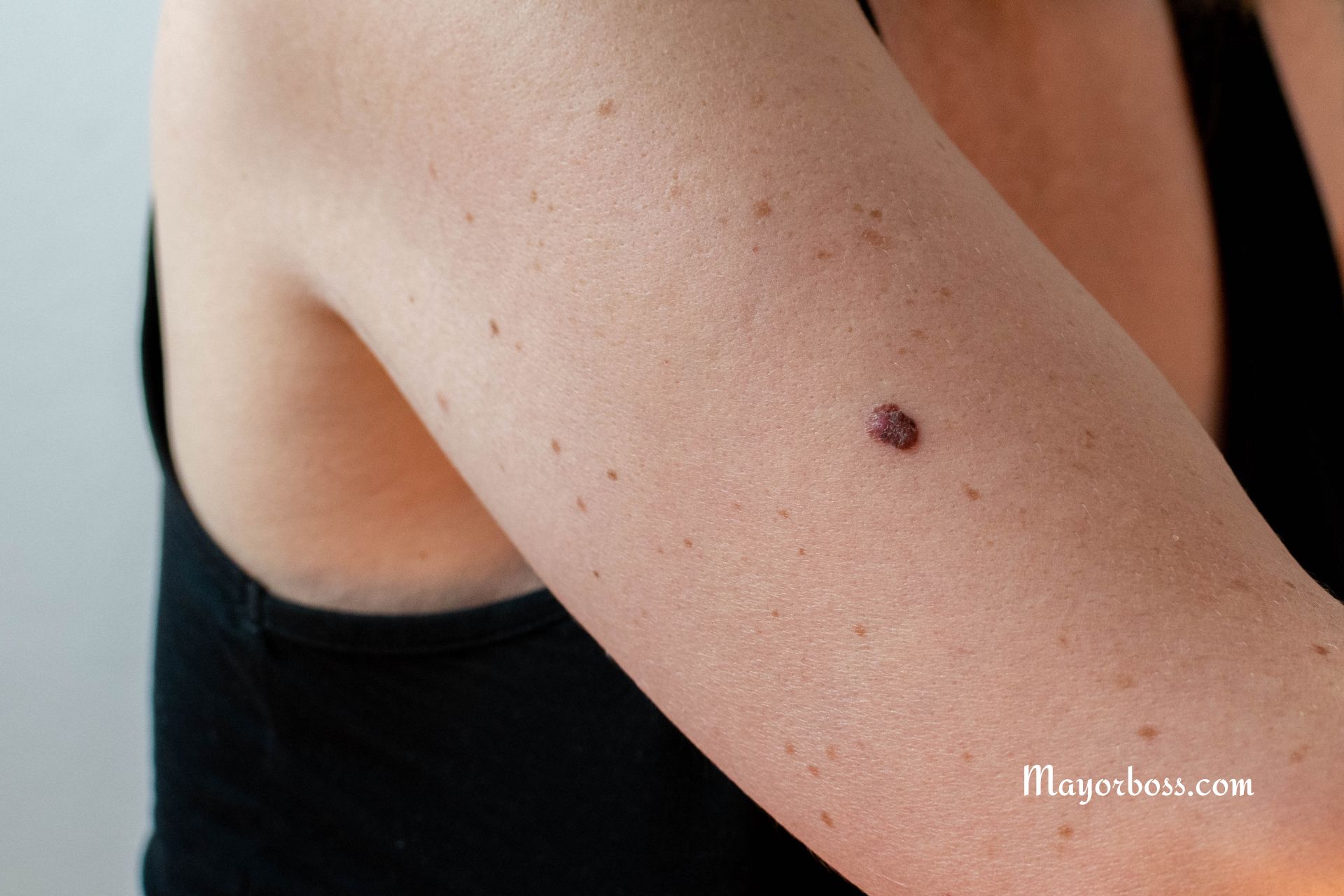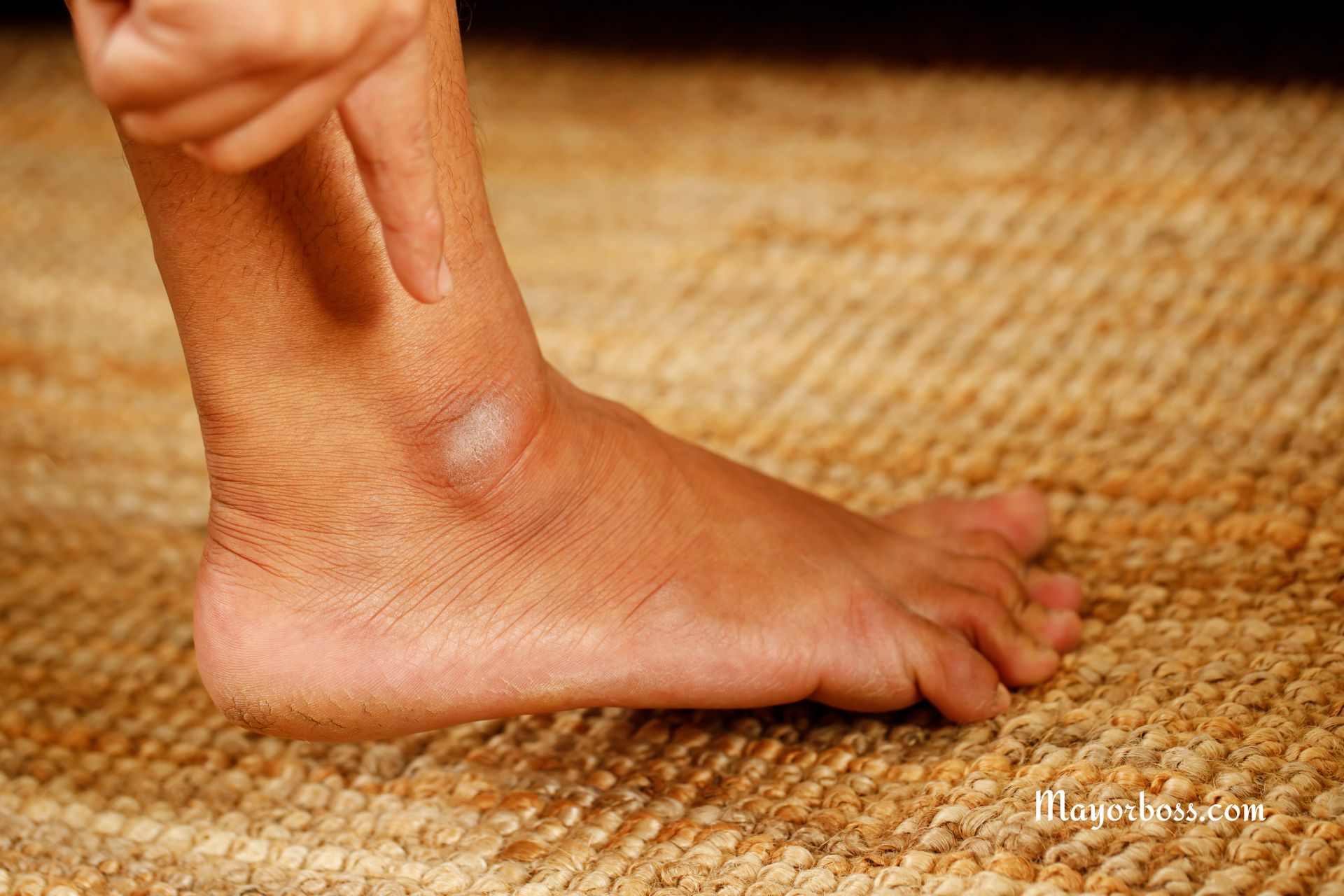Is Your Tongue Scalloped? Don’t Ignore This Symptom
When you look in the mirror and stick out your tongue, you might notice its edges seem wavy or indented, creating a pattern that resembles the edge of a scallop shell. This condition, known as a scalloped tongue, might seem unusual or even concerning.
What Is a Scalloped Tongue?
A scalloped tongue is when the sides of your tongue have indentations or waves. You might also hear it referred to as “tooth-marked tongue” since the indentations often match where your teeth contact your tongue. While it’s not painful, noticing these marks can be alarming. It’s a sign from your body that shouldn’t be ignored.

Why Does It Happen?
Several factors can cause your tongue to become scalloped. It’s often a sign of underlying conditions that vary in severity, from mild to more serious. Here are some common reasons:
Pressure on the Tongue
The most straightforward reason for a scalloped tongue is constant pressure against the teeth, which can happen if you have a habit of pushing your tongue against your teeth or if your tongue is too large for your mouth. This situation might be temporary or more persistent, depending on habits or physical traits.
Inflammation
Sometimes, your tongue might swell due to inflammation, making it press against your teeth more, which in turn, leaves indentations. Inflammation can be caused by allergies, infections, or inflammatory conditions.
Nutritional Deficiencies
Lack of certain vitamins and minerals, especially B vitamins, iron, and zinc, can lead to swelling of the tongue and, consequently, a scalloped appearance. Ensuring a balanced diet can help prevent such deficiencies.
Thyroid Issues
A swollen tongue can also indicate thyroid problems, such as hypothyroidism, where the thyroid doesn’t produce enough hormones. This condition can cause various symptoms, including swelling in parts of the body like the tongue.
Sleep Apnea
Interestingly, a scalloped tongue is sometimes linked to sleep apnea, a condition where breathing stops and starts during sleep. This link is due to the tongue’s position and pressure in the mouth, which can change due to the body’s efforts to keep the airway open at night.
When to Seek Help
If you notice your tongue has a scalloped edge, consider whether you’ve experienced other symptoms that might point to a more serious underlying condition. Symptoms like fatigue, unexplained weight changes, difficulty sleeping, or changes in your eating habits alongside a scalloped tongue are worth discussing with a medical or dental professional.
Steps to Take
If you’re concerned about a scalloped tongue, here are some steps you can take:
- Review Your Diet: Ensure you’re getting a balanced diet rich in vitamins and minerals. Consider supplements if you’re not able to get enough from food alone.
- Observe Your Habits: Pay attention to whether you’re pressing your tongue against your teeth or have other oral habits that might contribute to the scalloping.
- Consult a Professional: If your scalloped tongue persists or if you have other symptoms, it’s crucial to consult your healthcare provider.
Frequently Asked Questions
Q1: Can a scalloped tongue go away on its own?
Yes, if the scalloped tongue is due to habits or temporary conditions, it can return to normal once those factors are addressed. However, if an underlying health issue causes it, treating that condition is necessary for the tongue’s appearance to improve.
Q2: Is a scalloped tongue a sign of a serious health issue?
It can be, but not always. A scalloped tongue can signal various conditions, from mild to more serious. It’s important to consider other symptoms you’re experiencing and make an appointment with a healthcare professional for an accurate diagnosis.
Q3: Are there specific tests to diagnose the cause of a scalloped tongue?
The diagnosis starts with a physical examination and a review of your medical history. Depending on the suspected cause, your doctor might suggest blood tests to check for nutritional deficiencies, thyroid function, or other relevant factors.
A scalloped tongue can be a window into your health, revealing issues that might need attention. While it’s often not a cause for immediate concern, it’s a symptom worth paying attention to, especially if it persists or is accompanied by other signs of health issues. See a medical or dental professional.






